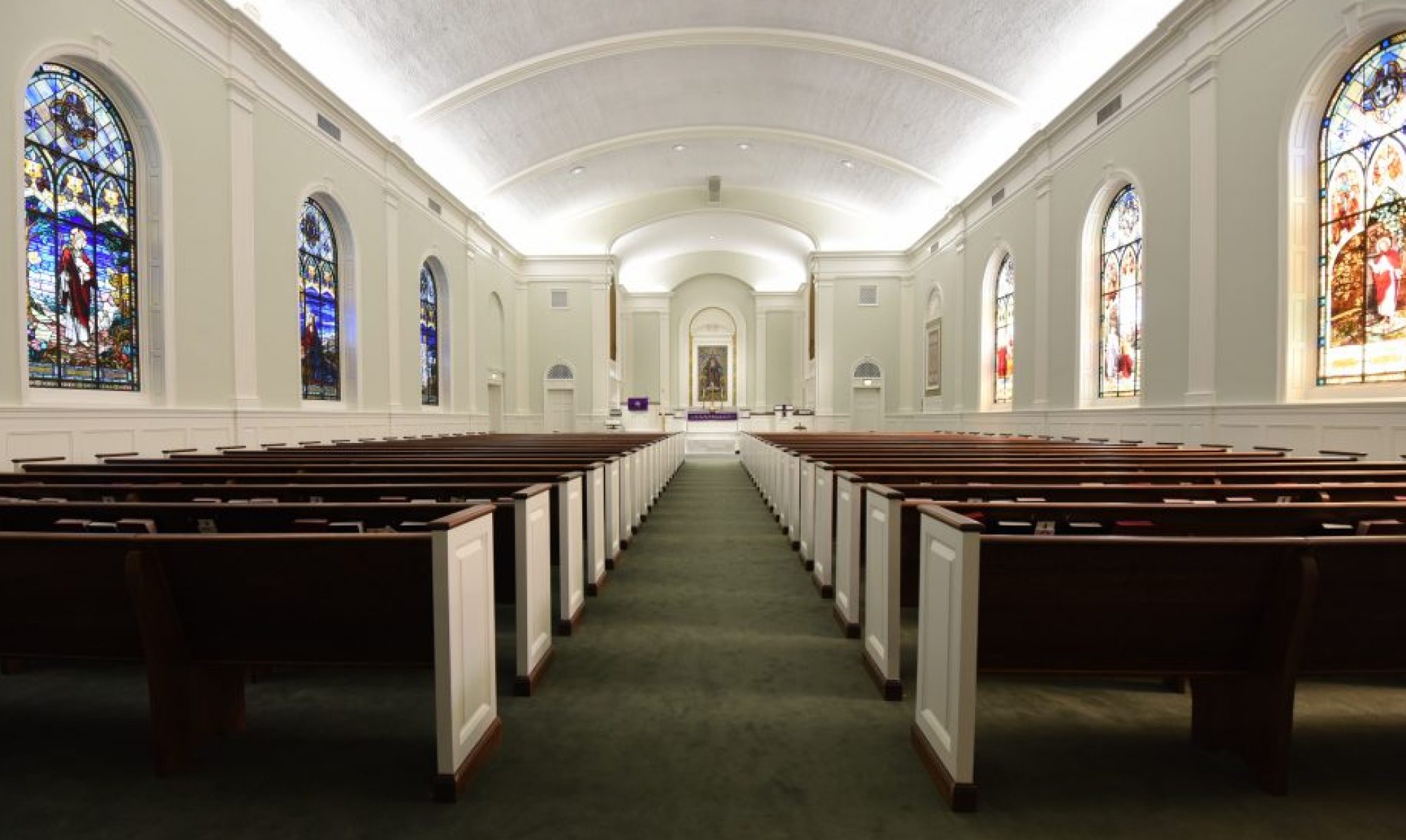Lately, I’ve been thinking about the concept of unity and how it is achieved and maintained. To guide my prayers, I’ve reread John 17, which focuses on Jesus’ prayer for unity. Verses 9-12 are important:
I pray for them. I am not praying for the world, but for those you have given me, for they are yours. All I have is yours, and all you have is mine. And glory has come to me through them. I will remain in the world no longer, but they are still in the world, and I am coming to you. Holy Father, protect them by the power of your name, the name you gave me, so that they may be one as we are one.
Jesus prays for us to be one.
Eugene Peterson wrote profound ideas about John 17 and the concept of unity. He says Holy Baptism is the sacrament that preaches the enactment of the Trinity, the ultimate form of unity. This Trinitarian foundation is basic to all existence. We are baptized in the name of the Father, Son, and Holy Spirit. We become our true selves by entering the waters of baptism. Our particular identity is affirmed and clarified in a personal name and in an intimate relationship with all the ways in which God is God. We are not autonomous. We are not ourselves by ourselves.
A sin is an isolating act. It separates us relationally from God, from God’s creation, and from God’s community. Reestablishing the complexity of relationships cannot be accomplished by decree. Personal, relational intimacy cannot be achieved impersonally. There cannot be forced intimacy because that is often violent and degrading. God can’t work in ways that are not in tune with Himself. God is personal and free. Therefore, whatever takes place in prayer is personal, freely given, and freely received. Prayer is not a supernatural technique for coercion. Prayer does not lump sinners and saints into separated piles of anonymities-–one pile assigned to damnation, and one assigned to salvation. In prayer, each person and thing is treated with absolute seriousness while freedom is preserved. We can’t become one with one another or with God apart from freedom.
In the scripture passage, this is why it takes so long for these people (and us) to become ‘one, as we are one.” Unity can’t be forced or rushed. No matter how many are shaped by Jesus’ prayers into this Trinitarian unity, it is always a process. There are no shortcuts or no assembly-line efficiencies permitted. Automobiles can be made that way, but not saints. The work of sanctification (and unity) is never a finished product that any single congregation can test drive and, if satisfied, sign up for. True Unity is not a model to be copied; it is a Trinitarian relationship—Father, Son, Holy Spirit—of reciprocity to be entered.
Trinity is comprehensive and intricate, fusing the One and the Many. To understand and participate in all the operations of the Trinitarian God requires a lifetime of sacrificial adoration and patient submission to Jesus’ patient prayers that all shall be one. The church, which provides visibility through the lives of particular men and women in particular places at particular times, is not an idea nor is it ideal. It is a historical reality existing in time. It is constantly in formation. Like a piece of music, it takes time for the church to become what it is. All the notes must be played by all the instruments assigned to play them before it is what it is. If we willfully refuse to be part of the orchestra, if we insist on everyone playing the same note over and over, or if we find a single melody or chord of the music that we particularly like and play that, the results are not likely to be anything imagined by the composer or the conductor. Neither are they likely to be satisfied with the music.
Being a church is intricately complex and demanding, but no more difficult than anything else that is worthwhile. The church is the large, healthy, Trinitarian gathering ground where we let God be the way He wills to be God. We let Jesus pray us into participation in the dynamic unity revealed between Father, Son, and Spirit that is, precisely, glory. The church is the primary arena in which we learn that glory does not consist in what we do for God but in what God does for us. It is the pruning field where we submit ourselves to death and dying–that is, Jesus, dying on the cross and our daily dying. I’ll add, it doesn’t happen by force but by a willingness to live sacrificially.

This Week’s Readings:
*Monday – Luke 16
*Tuesday – Luke 17
*Wednesday – Luke 18
*Thursday – Luke 19
*Friday – Luke 20
Prayer Requests:
-Our unwillingly absent members.
-Heal those who are sick and protect those who are not.
-Comfort those who are grieving and in distress.
-Wisdom for our leaders as they navigate through uncertain times.
-Guidance for those seeking to find their way.
-Continued Growth Inside and Outside the Walls of St. Paul UMC. |


